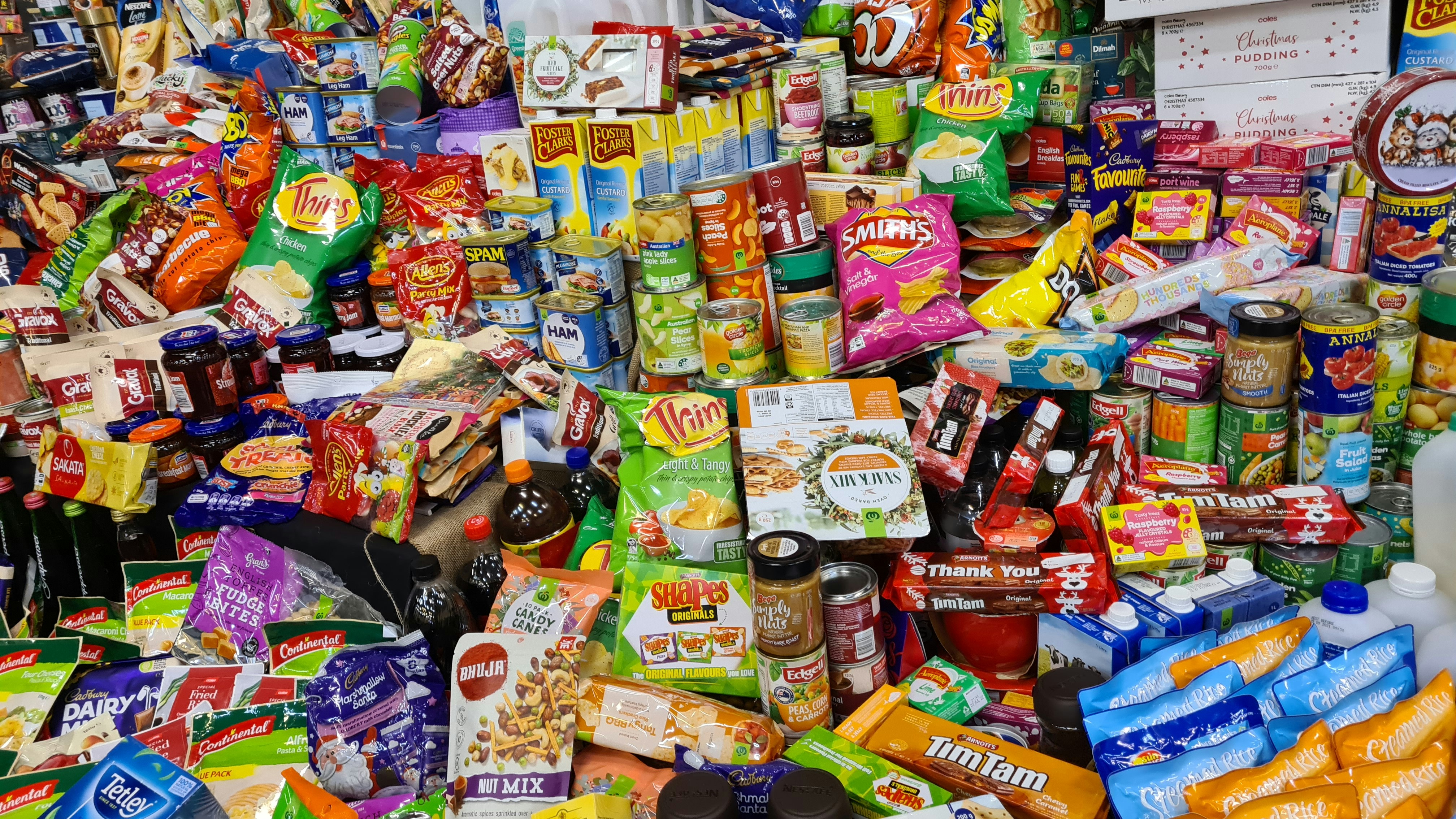
Almost half of what Australians eat is ultra-processed food, according to a recent series of papers published in The Lancet, and the authors say the existing policies to help Australians eat healthier are often co-designed with ultra-processed food manufacturers, and are ultimately missing the mark.
According to Food Standards Australia New Zealand (FSANZ), ultra-processed foods are foods containing five or more ingredients, “including substances extracted from foods and substances derived from further processing of food components”. These foods can also contain food additives such as colours, flavours, non-sugar sweeteners, and processing aids.
Ultra-processed foods include soft drinks, chips, flavoured milk, instant noodles, fast foods, protein bars, and ready meals.
According to a co-author of the Lancet series, Dr Priscila Machado from the Institute for Physical Activity and Nutrition (IPAN) at Deakin University, these products are designed to compete with unprocessed or minimally processed foods, and to maximise industry profits, so they are convenient, highly palatable, heavily marketed and often made using cheap ingredients.
However, the way that ultra-processed foods are made means they can be higher in sugar, salt, and fat, and because they are deliberately made to be easy to eat, they can lead to overeating.
According to Dr Machado, ultra-processed foods are also linked with a range of health conditions, including obesity, type 2 diabetes, heart disease, kidney and Crohn’s disease, depression, and even death.
“Robust evidence shows that ultra-processed foods are displacing long-established dietary patterns, worsening diet quality, and are associated with an increased risk of multiple chronic diseases”, she told an AusSMC briefing.
Dr Machado said that the consistently high consumption of ultra-processed foods in the UK and the US essentially made them the national diet in those countries, and "Australia is no different."
"In fact, almost half of what Australians eat is ultra-processed," she said.
However, Australia’s current health food policies are not up to the task of tackling a national diet high in ultra-processed foods, according to Professor Mark Lawrence from Deakin University and co-author on the series.
“We have this healthy food partnership coming out of the Health Department, which is well-intended, but the strategies that are used have had, unfortunately, very dire consequences because they have been poorly designed.”
“The classic example of a counterproductive policy has been the Health Star Rating System, which is based purely on a handful of certain nutrients, with no regard to the actual food itself,” he told the AusSMC.
The result is that many ultra-processed foods, including some sugar-free lollies, are still able to get as many as five stars from the Health Star Rating.
Associate Professor Gyorgy Scrinis from the University of Melbourne, another co-author of the Lancet series, says that the government needs to aim to change dietary patterns, not just reduce salt, sugar, and fat content.
“And that really means a whole new suite of policies required, and stronger policies to change those dietary patterns and drive down ultra-processed food consumption,” he said.
Those policies should more directly target the large food corporations that drive the production, distribution, and consumption of ultra-processed foods, as well as their marketing, trade and supply chain, and environmental impact, the researchers say.
The authors say this could include better labelling and restrictions on nutrient and health claims on ultra-processed food products, to remove some of the confusion that consumers get at the shops. It could also include subsidies on whole foods, and school food programs legislating for up to 90% of foods available at the schools to be unprocessed or minimally processed foods.
You can find out more about the AusSMC briefing here.
This article originally appeared in Science Deadline, a weekly newsletter from the AusSMC. You are free to republish this story, in full, with appropriate credit.
Contact: Steven Mew
Phone: +61 8 7120 8666
Email: info@smc.org.au